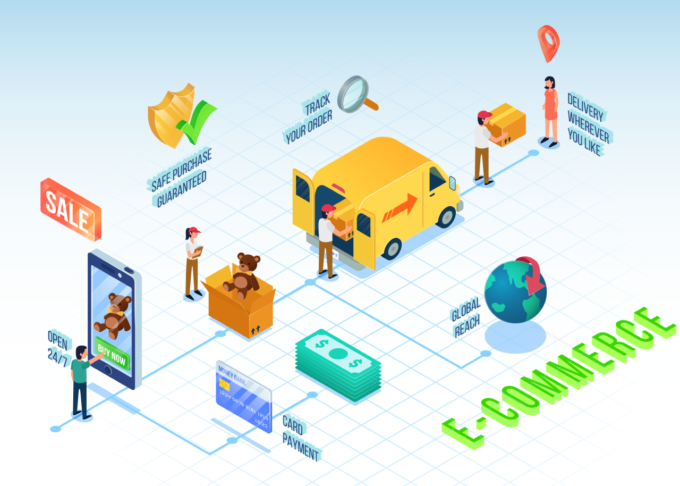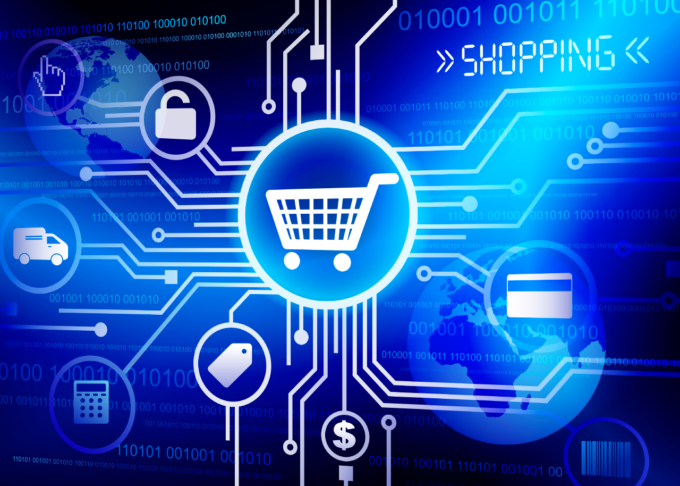In the fast-paced and often demanding world of digital marketing, automation has emerged as a critical tool for enhancing efficiency, freeing up human resources for more strategic tasks, and ensuring consistent execution across various campaigns. By automating repetitive processes and workflows, marketers can achieve greater scale and impact with their efforts.
Email marketing automation is a prime example. Setting up automated email sequences triggered by specific user actions, such as signing up for a newsletter or abandoning a shopping cart, allows for timely and personalized communication that nurtures leads and encourages conversions without requiring constant manual intervention. Social media management tools enable marketers to schedule posts across multiple platforms, track engagement, and analyze performance, streamlining their social media presence. Marketing automation platforms can integrate various marketing channels, allowing for the creation of complex, multi-step campaigns that guide leads through the customer journey. Lead scoring systems, often integrated within these platforms, automatically assign points to leads based on their engagement and behavior, helping sales teams prioritize the most promising prospects. The automation of reporting and analytics also provides marketers with valuable insights into campaign performance, allowing for data-driven optimization. By embracing automation, marketing teams can achieve greater efficiency, consistency, and ultimately, better results from their campaigns.















